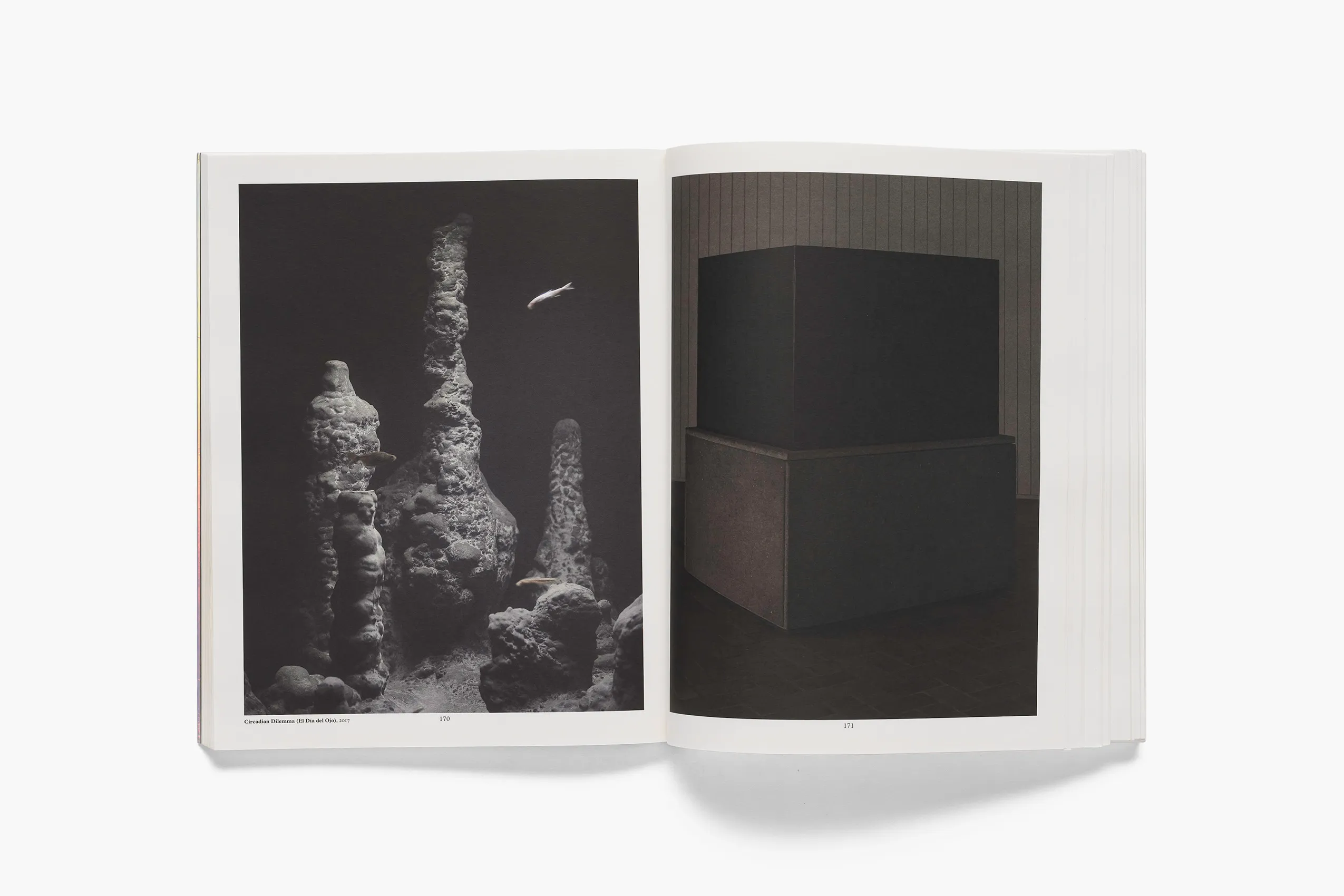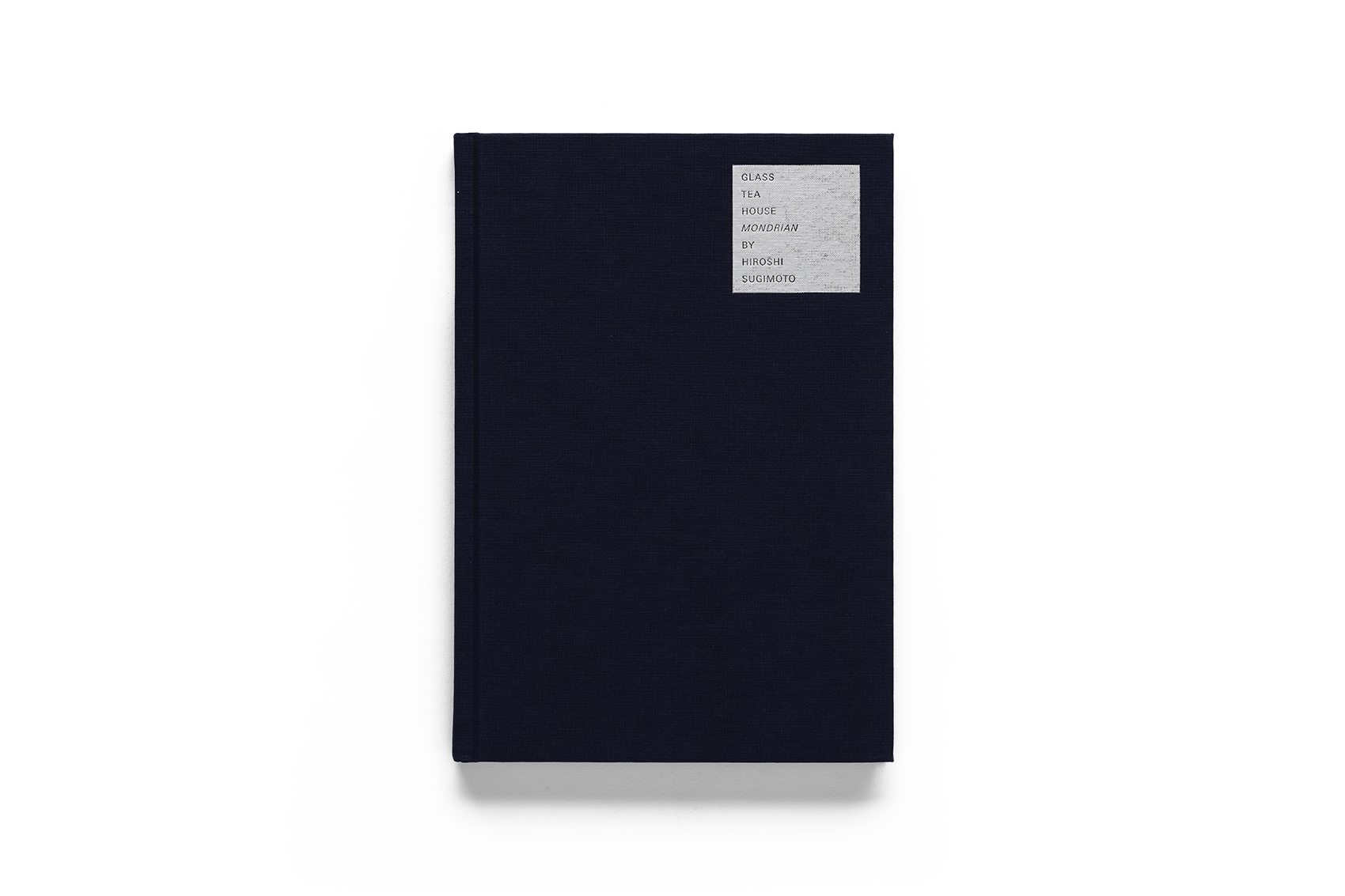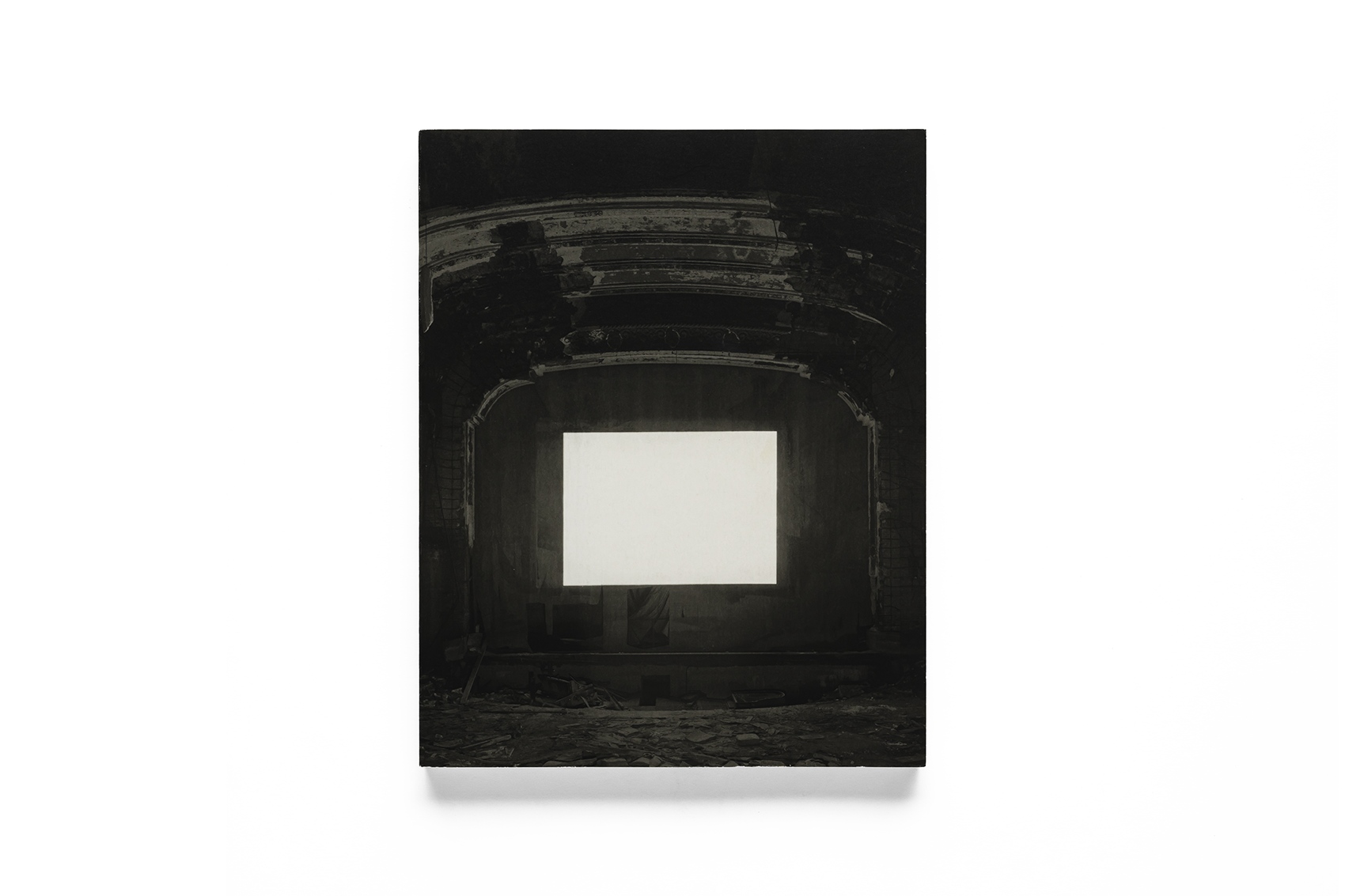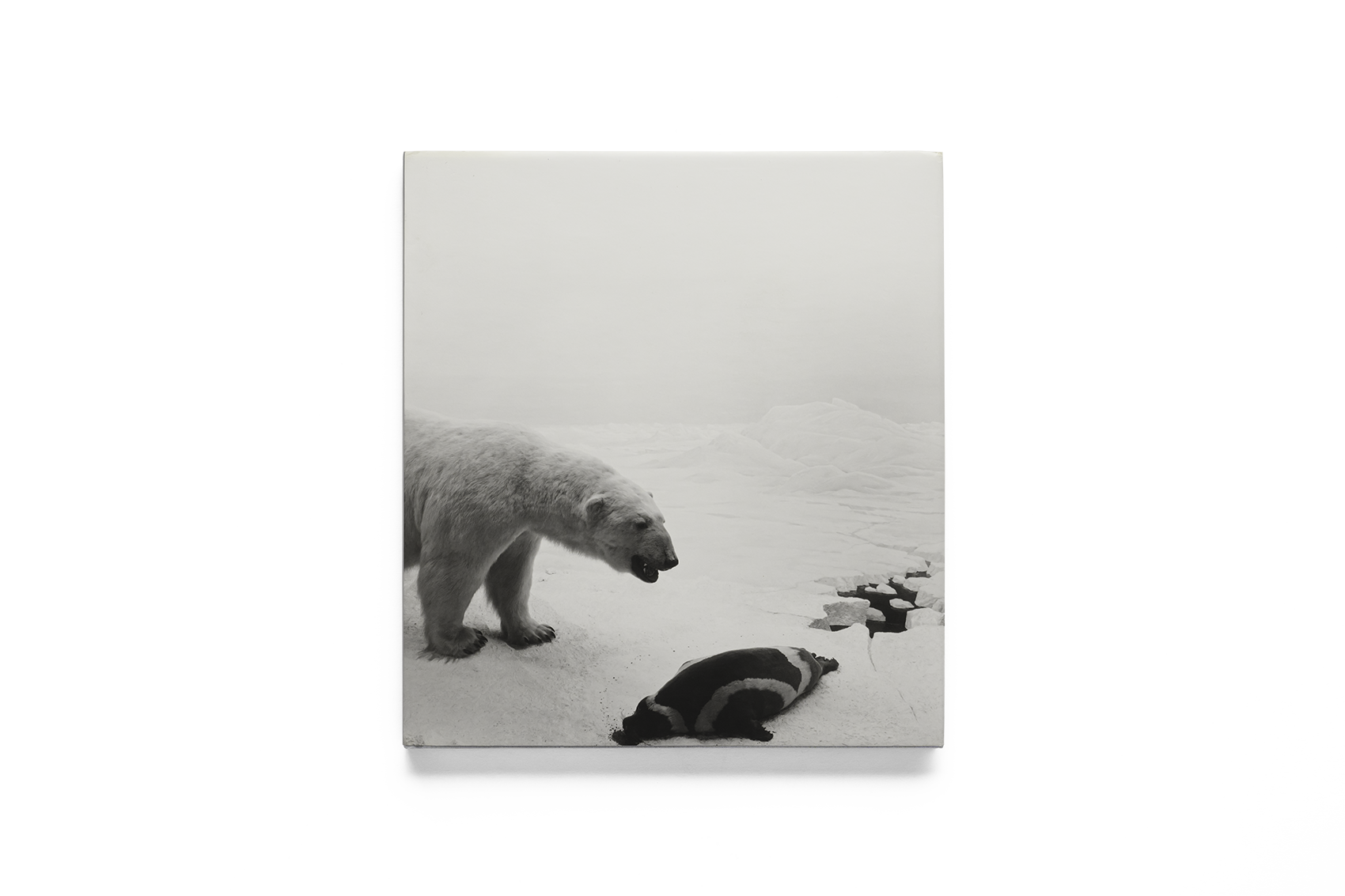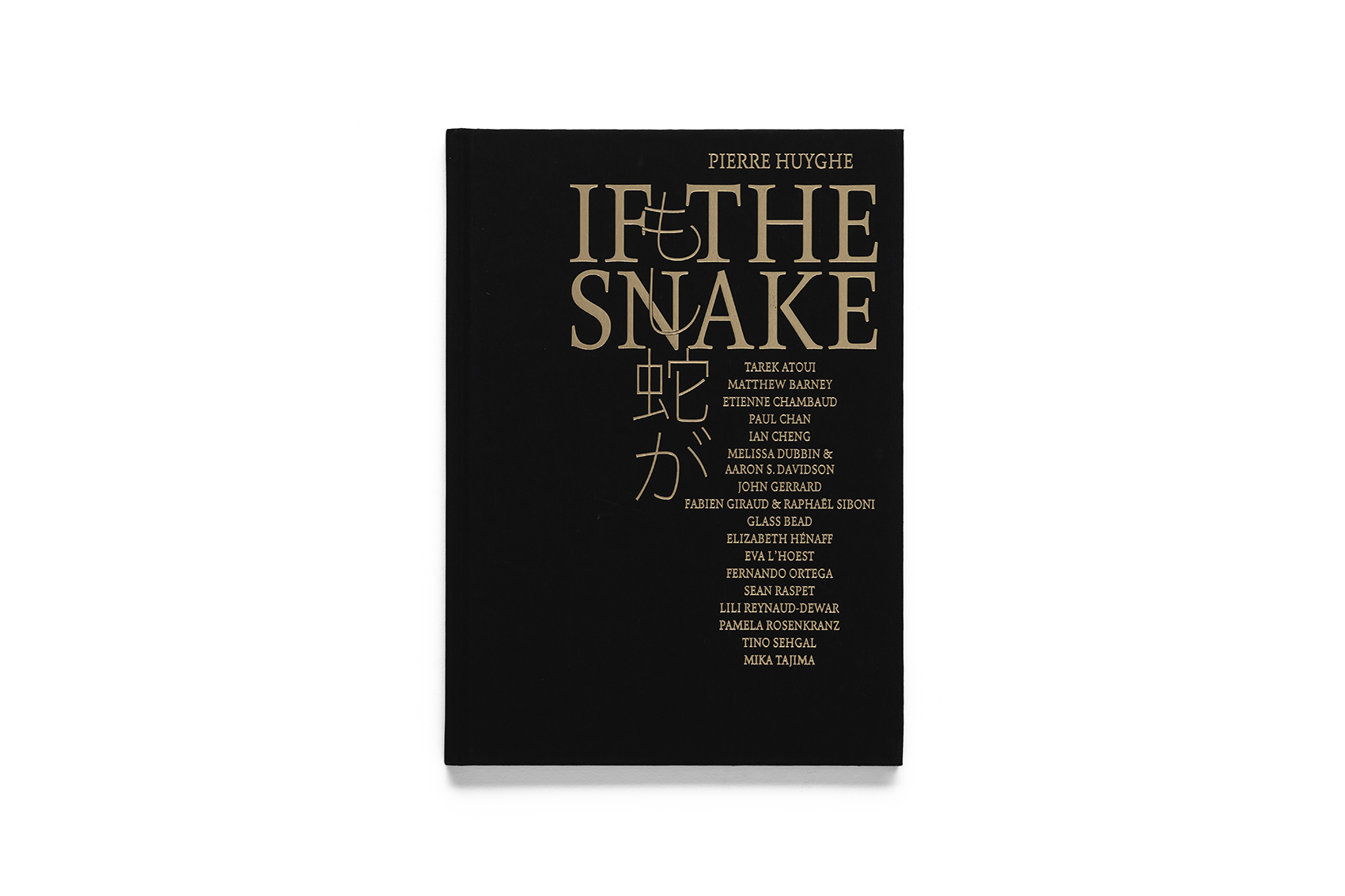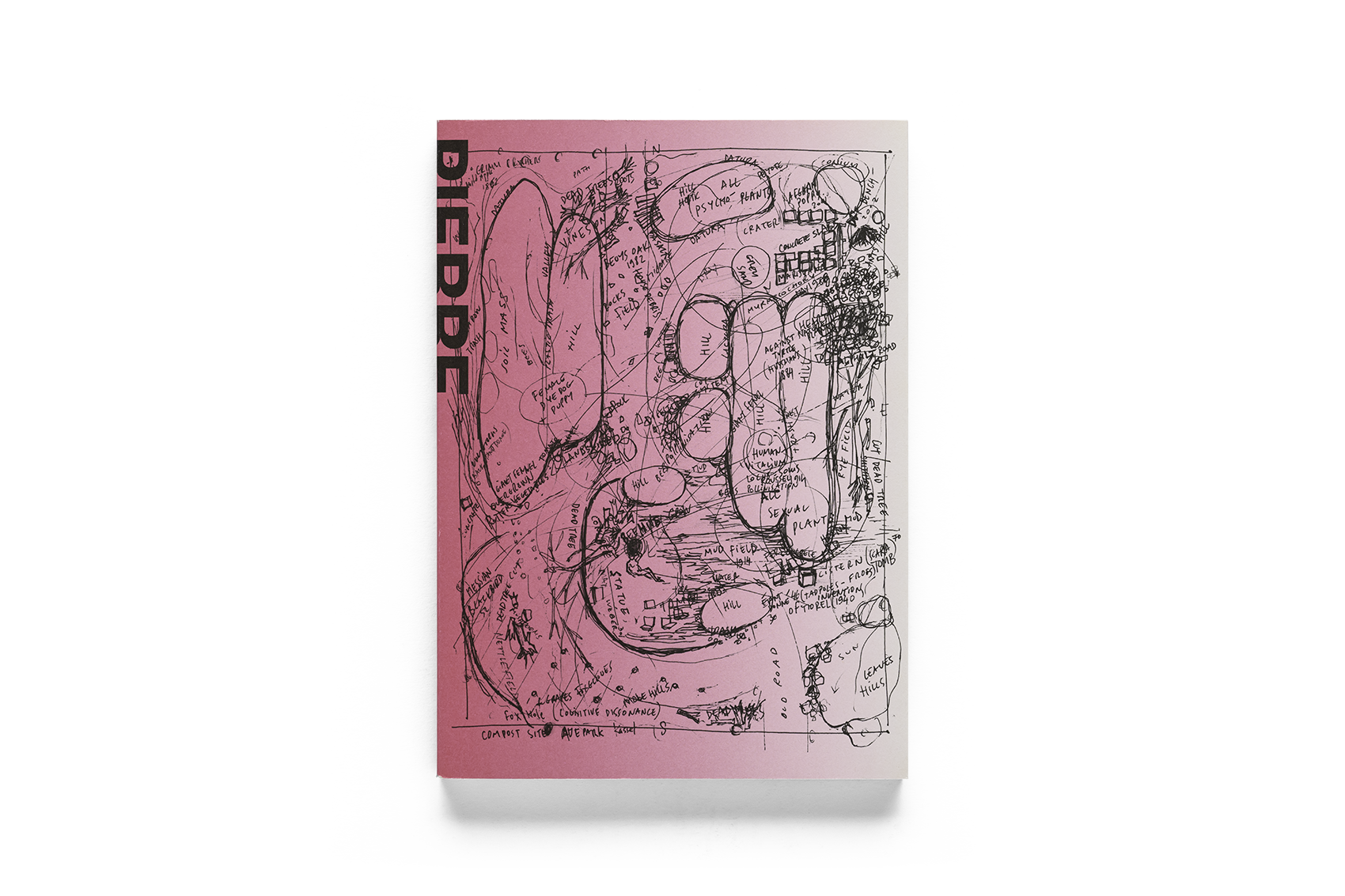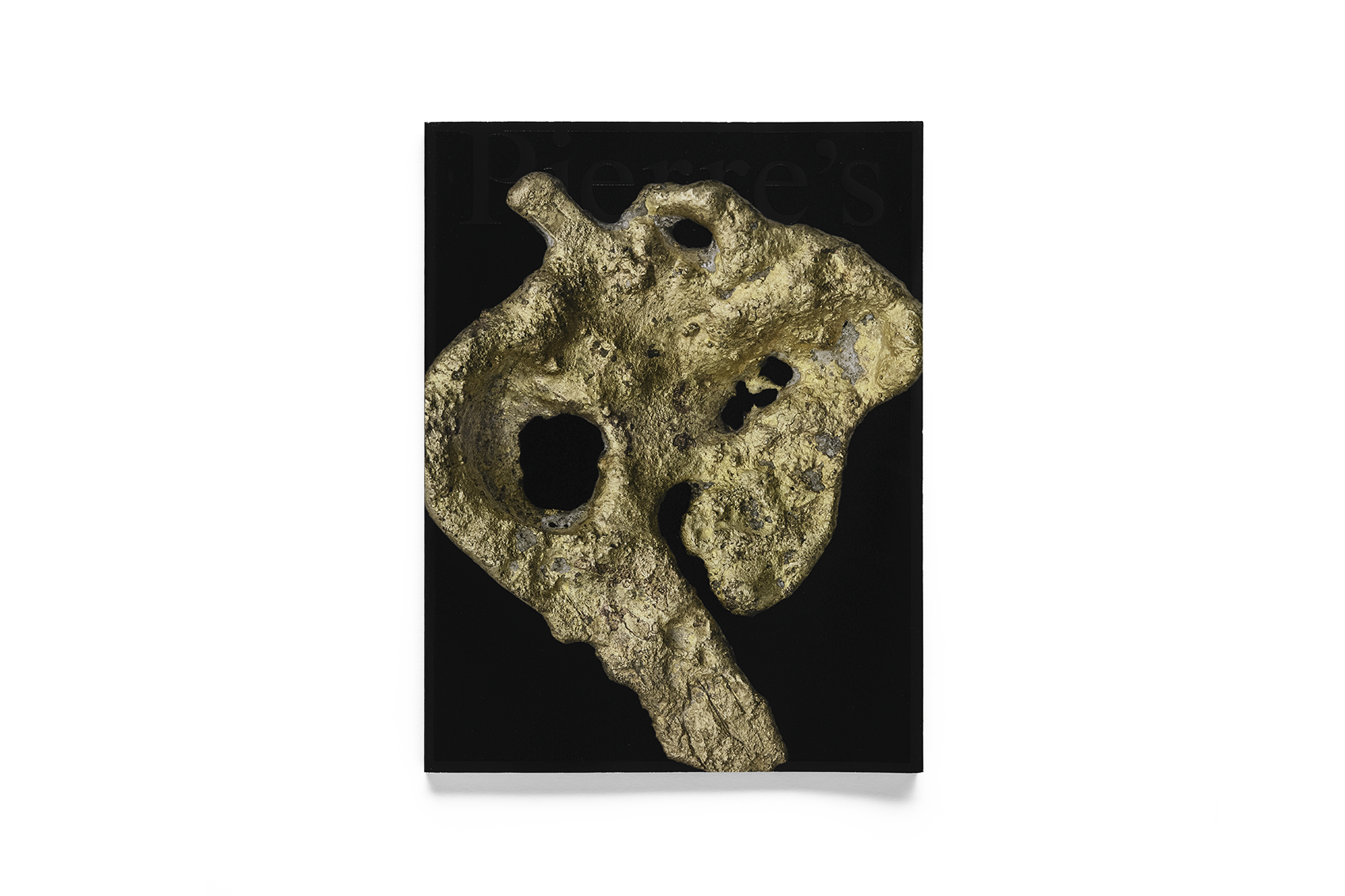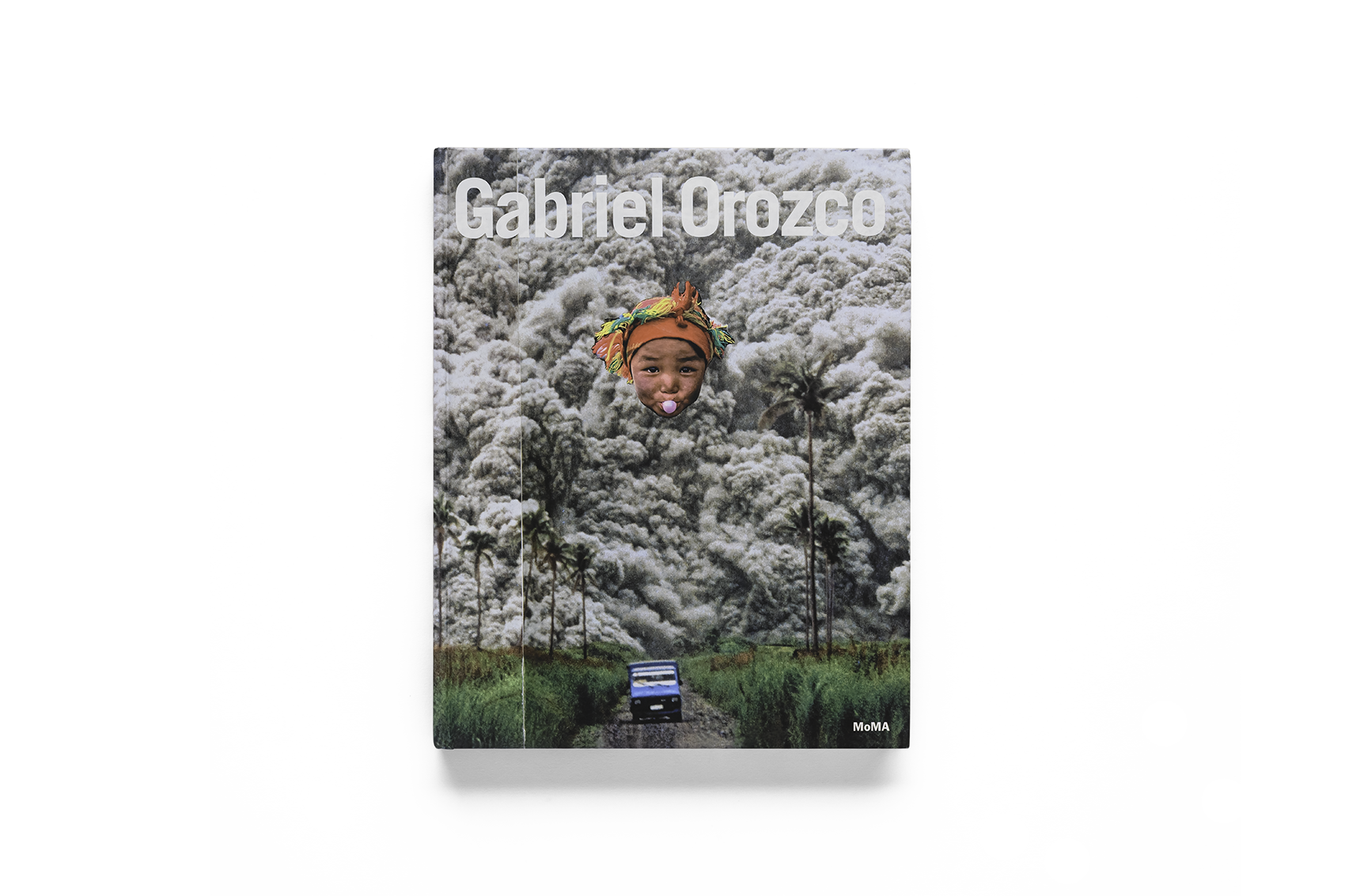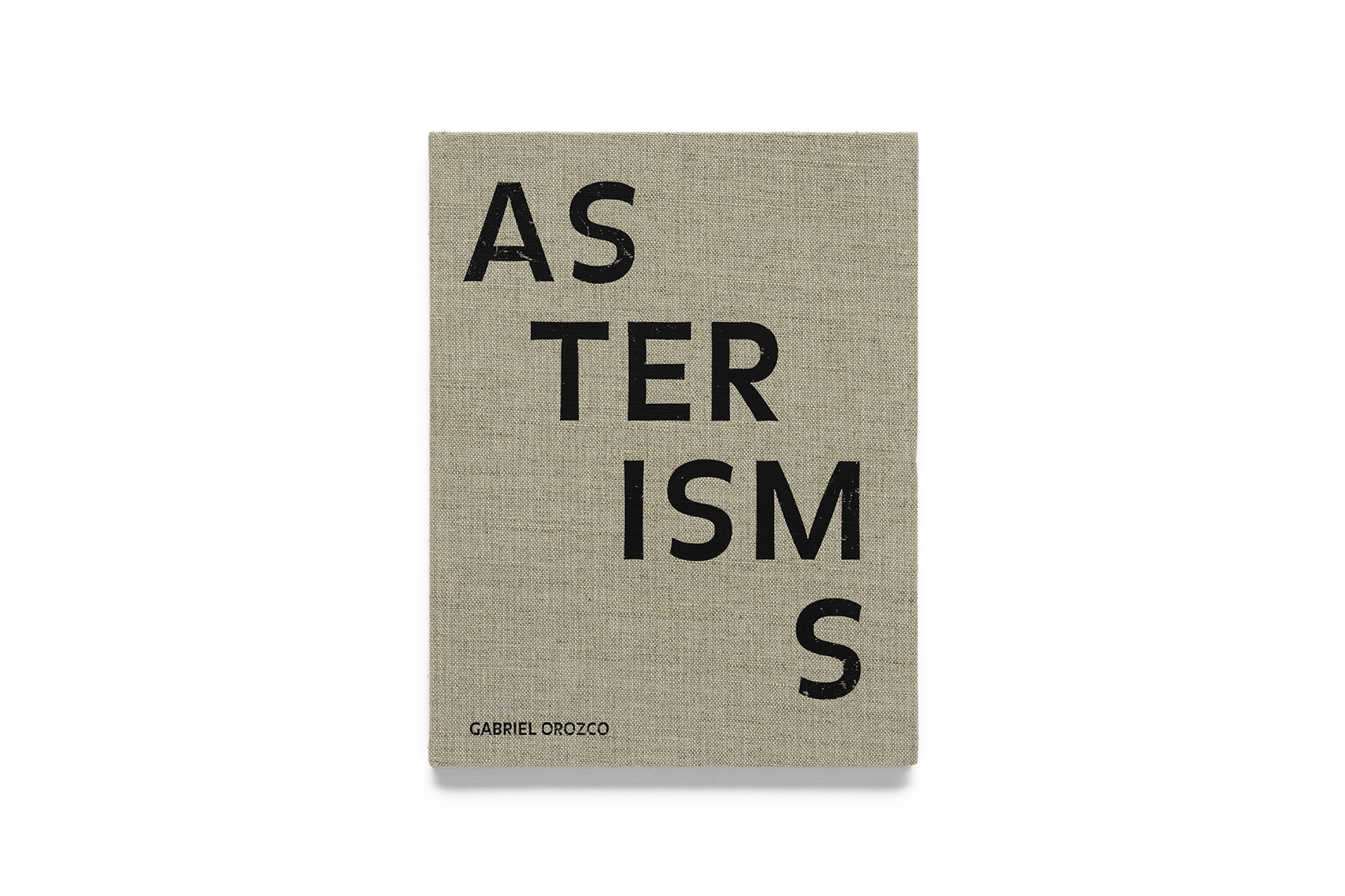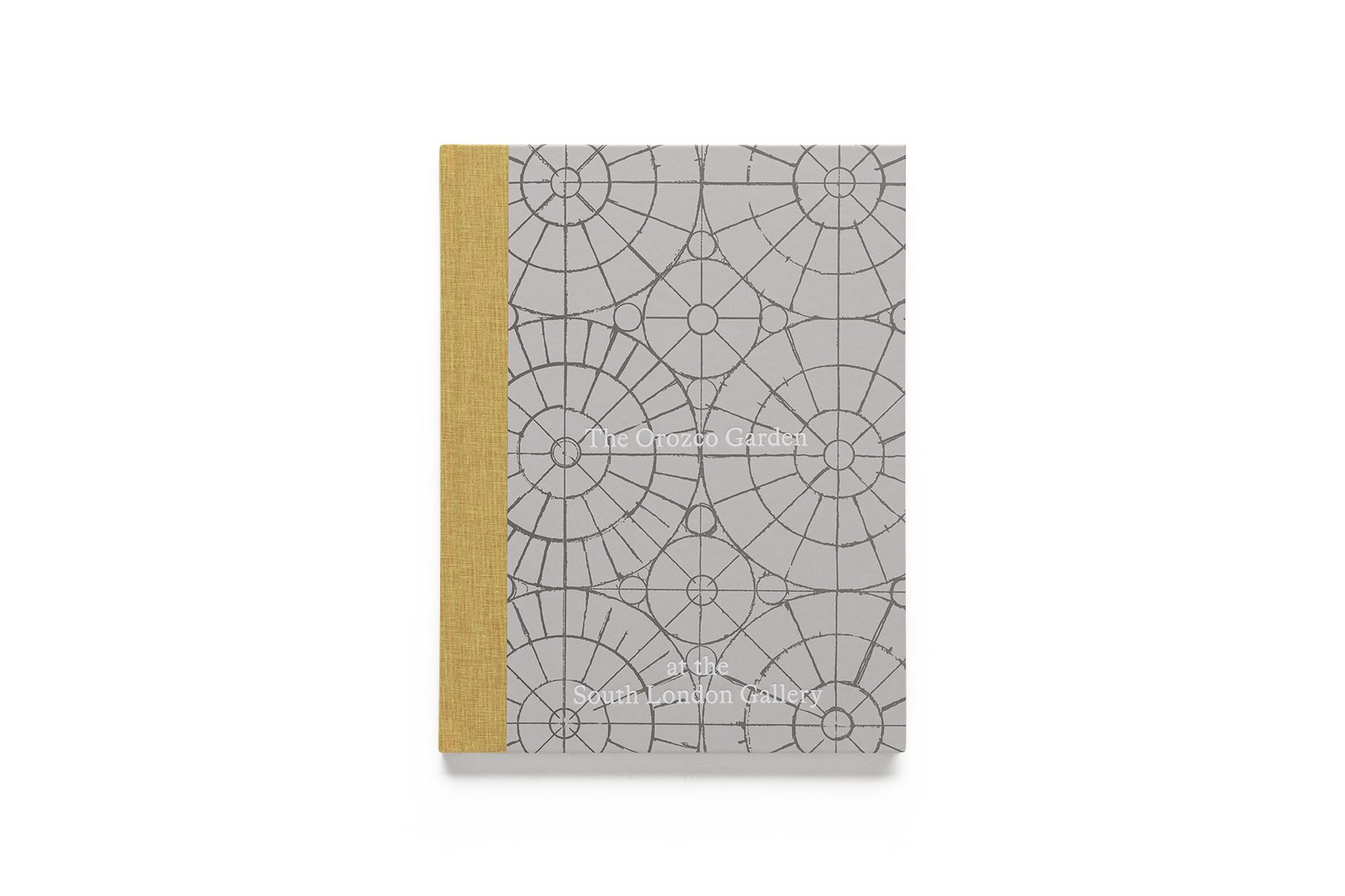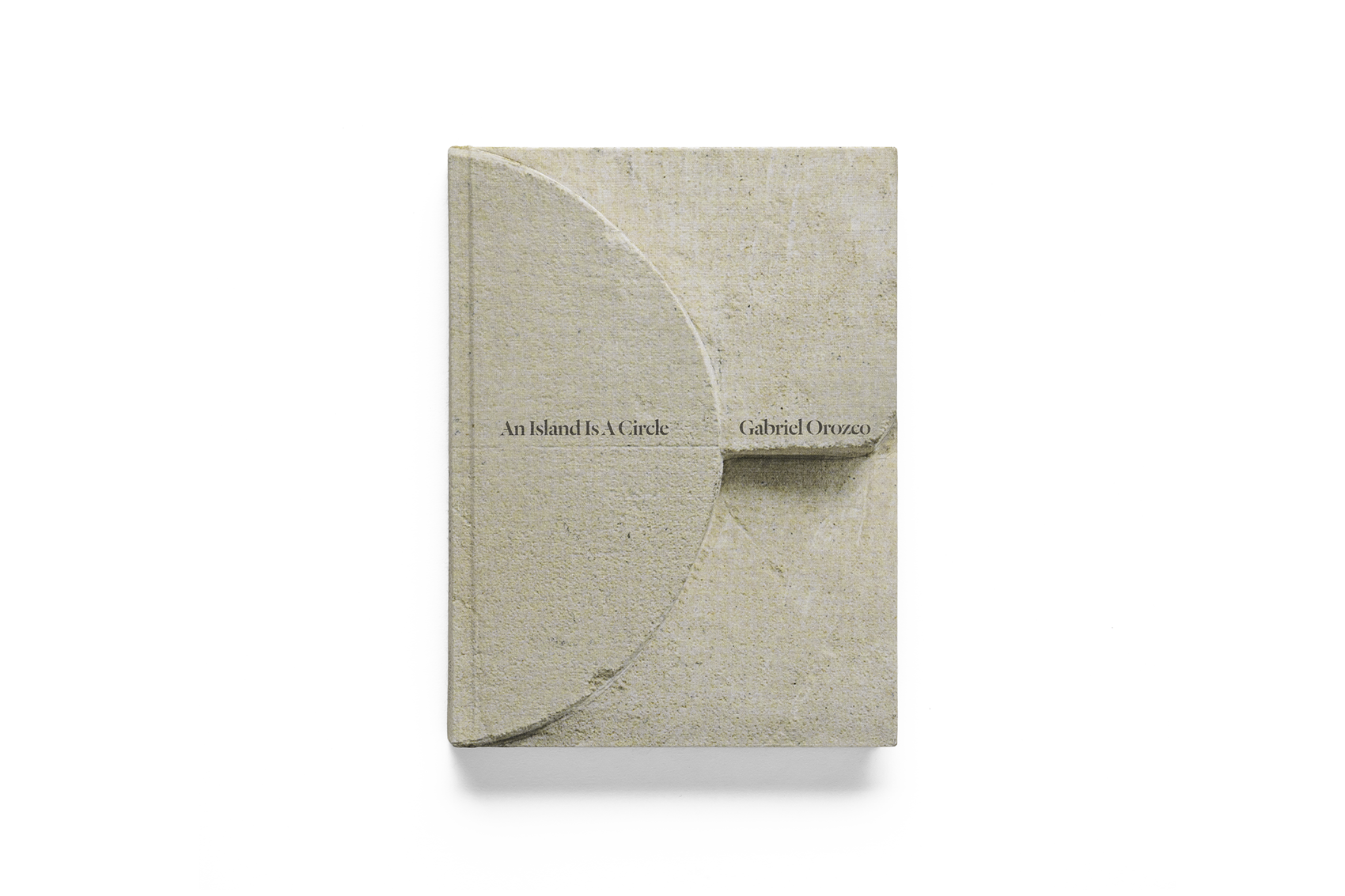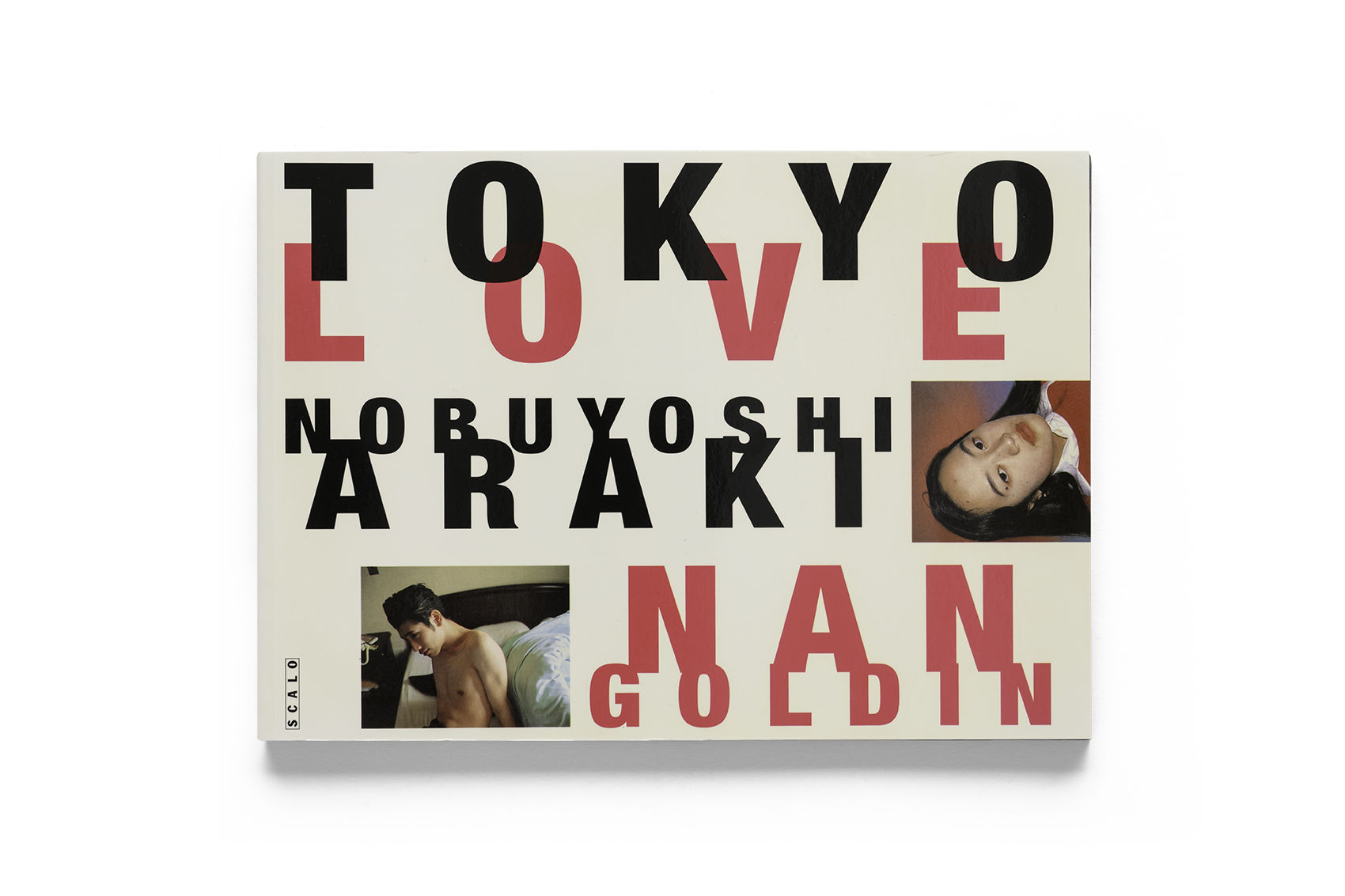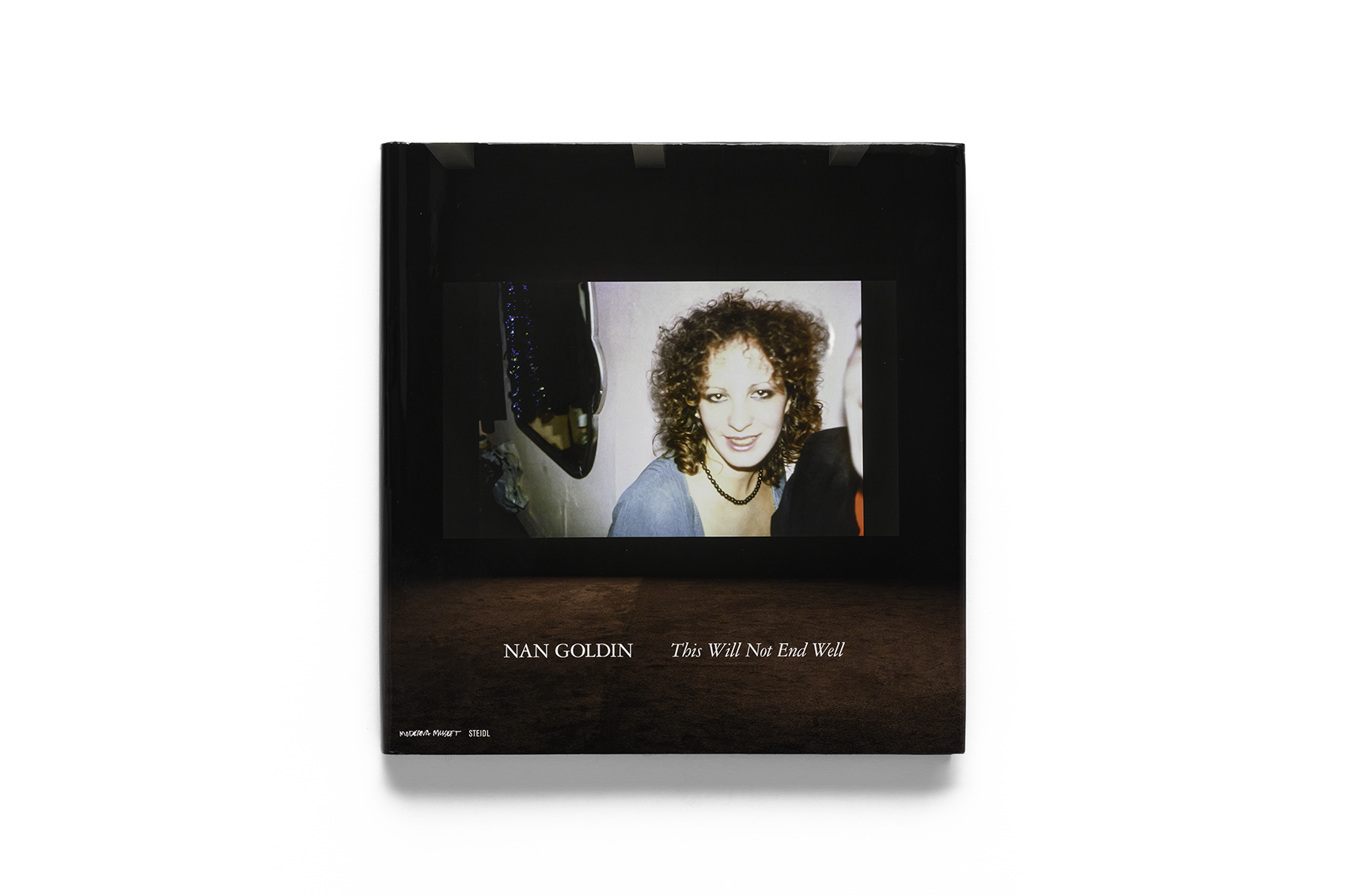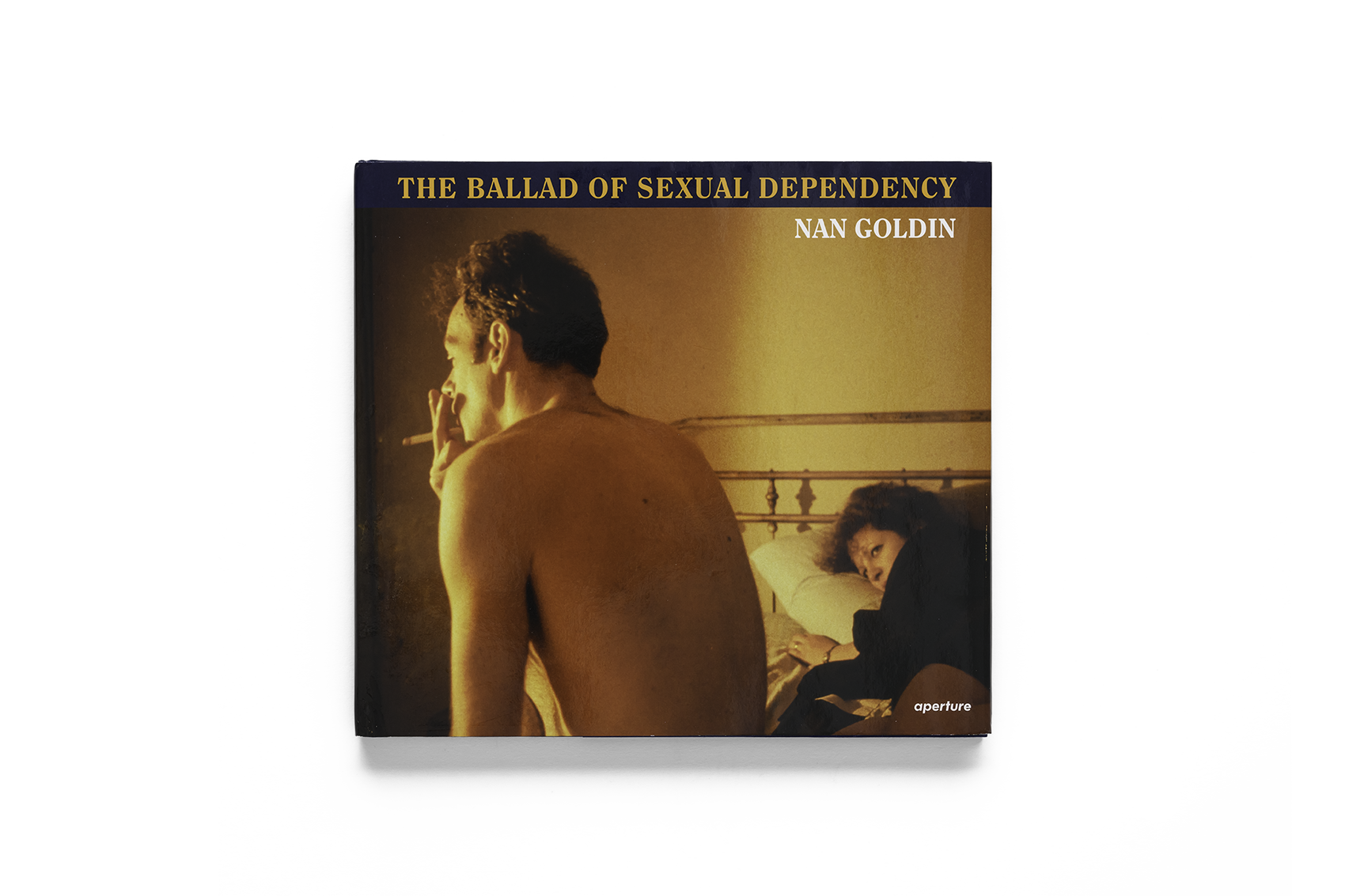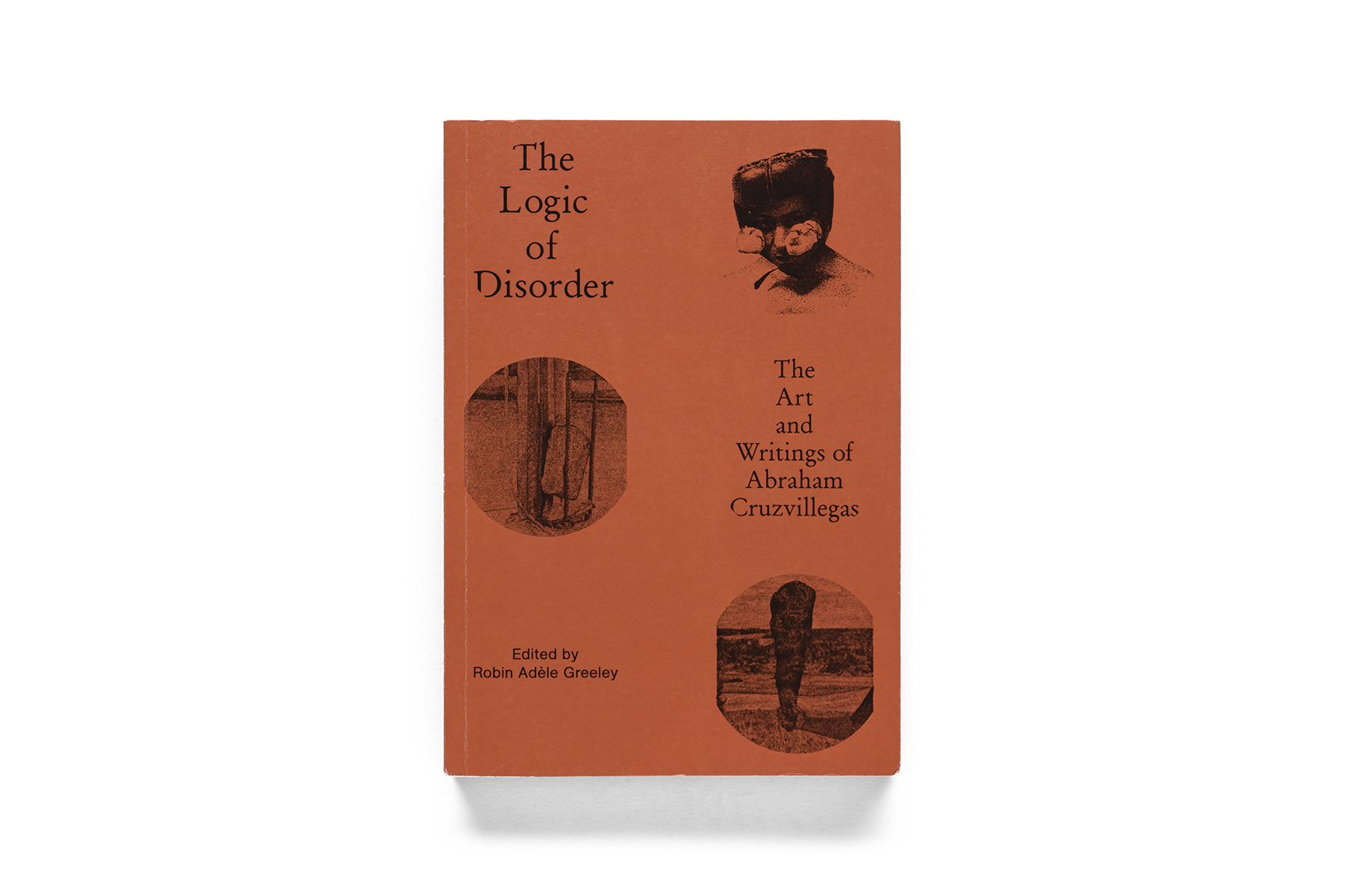
Éditions Dilecta, Marsilio, Pinault Collection, 2024
Pierre Huyghe: Liminal

Éditions Dilecta, Marsilio, Pinault Collection, 2024
“To me this exhibition is really like a birth or a formation of creatures. There is an attempt to allow a will to emerge that would be an inhuman will.” - Pierre Huyghe
For the French artist Pierre Huyghe, an exhibition is a kind of unpredictable ritual, within which new possibilities are generated and coexist.
In March 2024, Pierre Huyghe held a solo exhibition Liminal at Punta della Dogana in Venice, presenting his creations from the past decade, including works from the Pinault Collection. Huyghe transformed this exhibition into a transient state inhabited by human and non-human beings, becoming a dynamic field of continuous learning and constant change.
This publication, in addition to providing a complete introduction to the works of the solo exhibition Liminal, also includes a conversation between Pierre Huyghe and curator Anne Stenne, along with written discourses by philosophers, artists, and researchers, as well as an index of Huyghe’s works from 1993 to the present. The exhibition opens with the eponymous work Liminal, the result of artificial intelligence simulating human forms, traversing between the real and the surreal worlds. Likewise, the mask Idiom, which is also currently on view at Winsing Art Place, is worn by performers who wander through the galleries of Punta della Dogana, sensing specific features and transforming the information into an unknown language to present. Camata, based on the intervention of machine learning, is an image that self-edits as a form of self-presentation, with subtle changes occurring at each viewing. This work is also exhibited in the solo exhibition at Winsing Art Place, in a version designed by the artist Pierre Huyghe to fit the space.
These exhibited works are not placed into predetermined spaces, but instead create their own space and time. Huyghe’s creations coexist with the conditions of their surrounding environment, exploring the dynamic relationship between living beings and the environment. This is exemplified by Exomind (Deep Water), loaned by the Winsing Arts Foundation to the Taipei Biennial in 2020. In this version, the work developed an independent ecosystem in the garden of the Taipei Fine Arts Museum, where the female-body sculpture, bees, sand, and so on formed a close interrelation with the work. As Huyghe once said: “Usually we regard an exhibition as an ending, as the outcome of something. However, an exhibition is in fact not the endpoint of a process, but a constantly changing ritual—it is the beginning of a passage toward somewhere else.”
